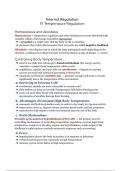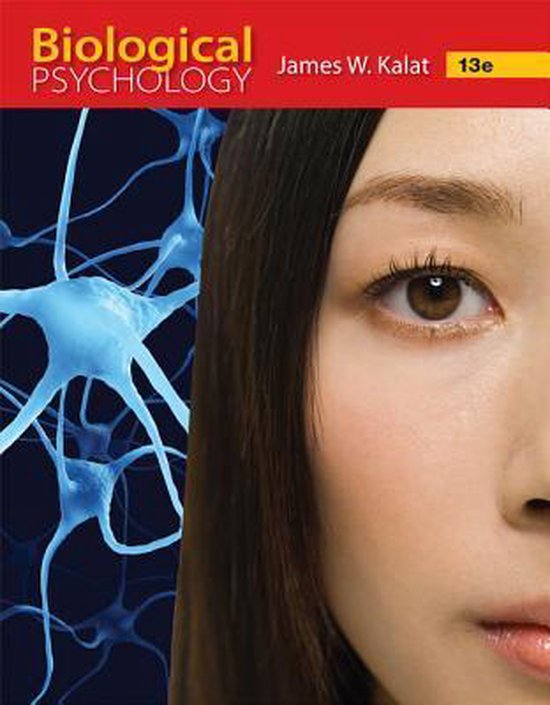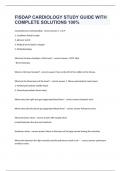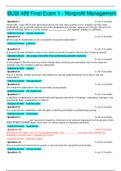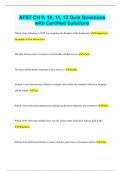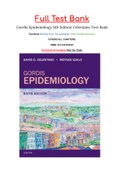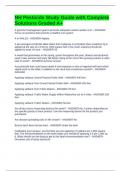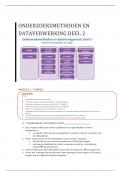Summary
BIOPSYCHOLOGY (Kalat), chapter 9 summary: "Internal Regulation"
- Course
- Institution
- Book
A well-organized summary of the 9th chapter of Kalat's book "Biopsychology". This chapter covers important information about the body's ability to self-regulate it's warmth, hunger, thirst levels, and many more on the topic. I recommend this summary to people who had a difficult time with the chapt...
[Show more]
